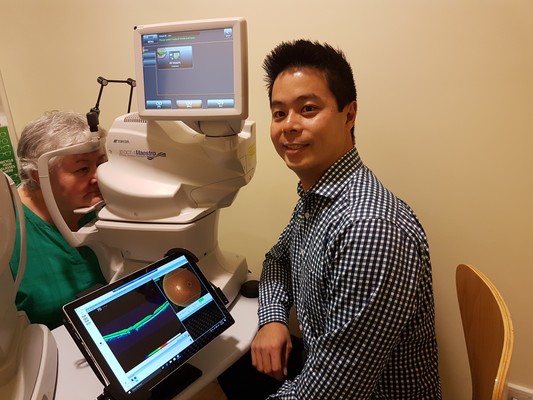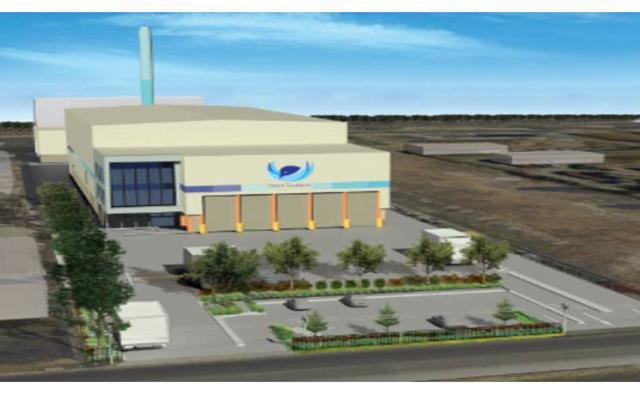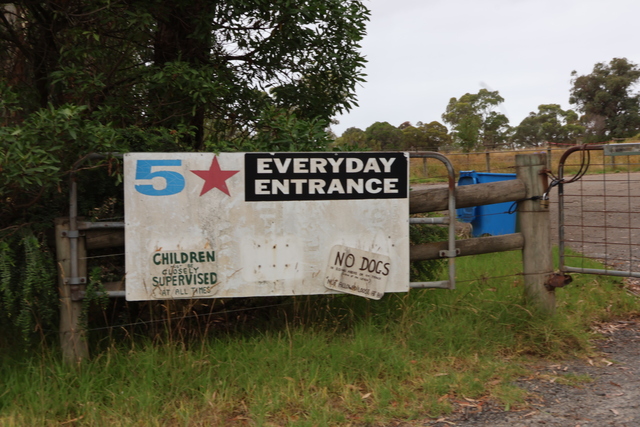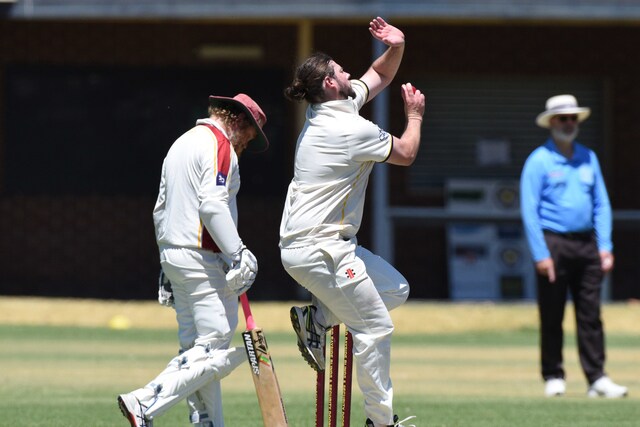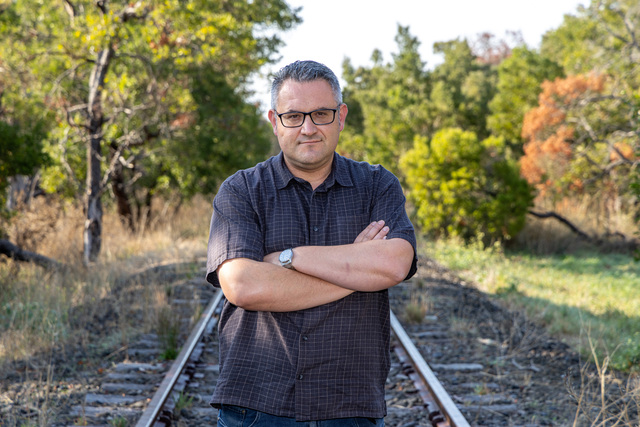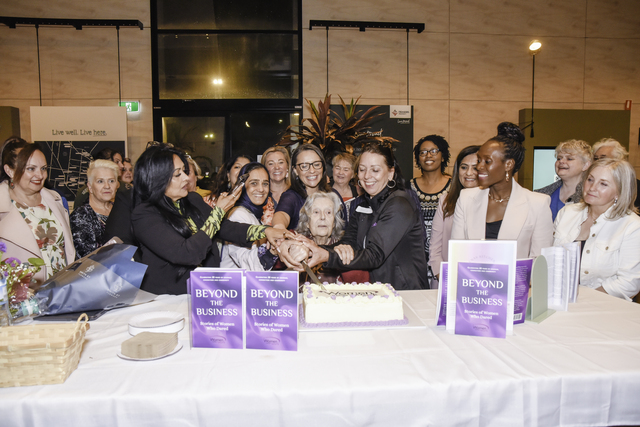The statistics are dire: around 1220 Endeavour Hills’ locals are affected by age-related macular degeneration.
And with May being Macula Month, one Endeavour Hills optometrists is calling on residents to be proactive about looking after this vital organ.
“Being the leading cause of irreversible blindness, we want to detect macular degeneration,” said Specsavers Endeavour Hills optometrist Chung Tan.
“When it gets to the latest stages and scarring occurs, sometimes the damage can be too late or irreversible. If we can pick it up as early as possible we can prevent that,” he said.
There are two different types of late-stage macular degeneration: wet and dry. In the wet form of the disease, blood vessels leak fluid and blood in and under the retina. The dry form is caused by the loss of retinal cells. While the wet type can cause more severe vision damage, Mr Tan said new treatments can help to reduce and stop damage. However, there is currently no treatment available for the dry form of the disease.
There are a number of risk factors that patients can be aware of, he added.
“Family history is the big one – if someone in your immediate family as age-related macular degeneration, the risk increases by 50 percent. Smoking increases the risk by two-fold. Diet makes a big difference too … having a well-balanced diet with antioxidants and green leafy vegetables.”
UV protection is also important, he said – in other words, wearing sunglasses when outside.
Mr Tan recommended regular eye tests as the best preventative measure, with prevention being better than a cure which might not be available.
“Talk to family members about who may have some macular disease because that’s important too, we know we have to keep a closer watch on patients with a family history of macular degeneration,” he added.
“The main thing for us is to encourage locals to think about their macula.”

